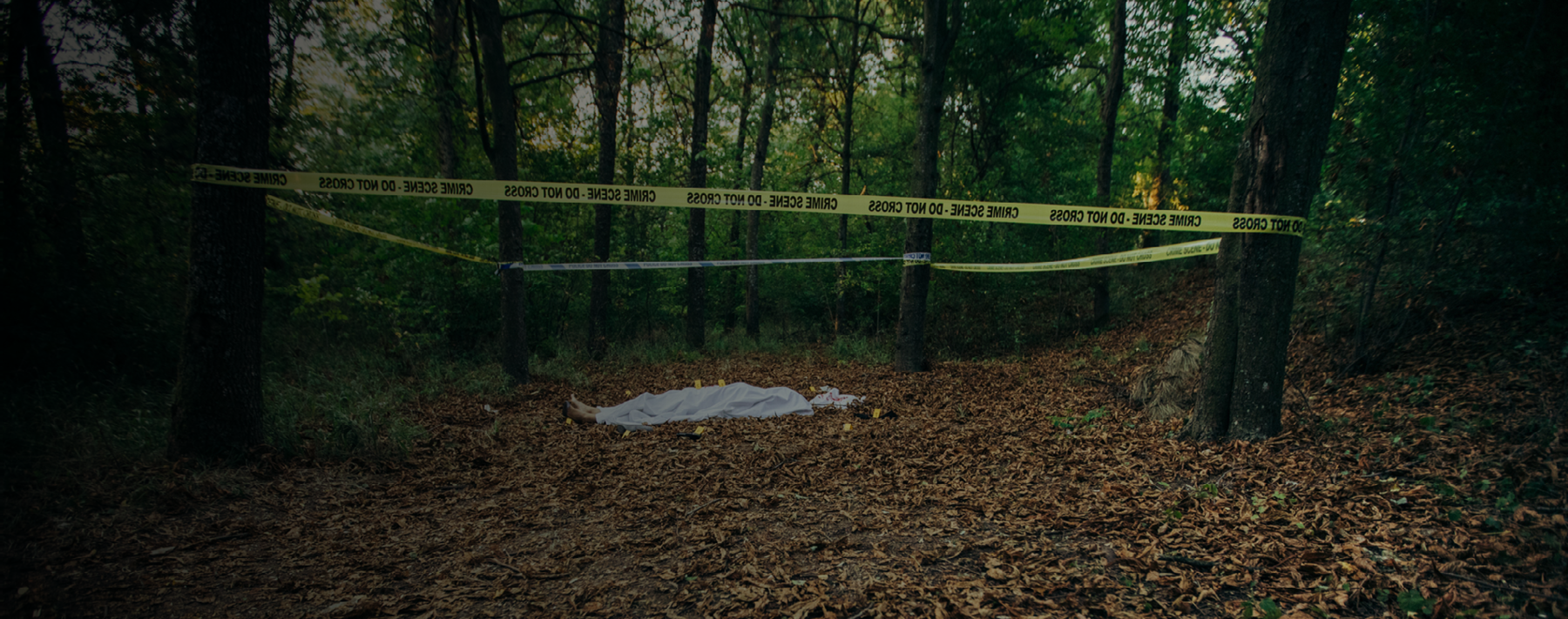Editor’s note: This article is part of a series. Click here for the previous article.
Hello again! Gordon Graham here with another iteration of my articles on risk management. I think this is a good time to revisit where I am headed with these writings. The overall goal is to introduce you to the 10 Families of Risk that you face in public safety operations, and to get you thinking about the control measures you need to have in place to address these risks.
In earlier articles, I gave you some thoughts on external risks, legal and regulatory risks, and strategic risks. The last few articles have focused on organizational risk management. Here is a repeat of the graphic I used to start this discussion:
The five root causes listed above are also the pillars of high-performing organizations. I addressed the “people” component in our last few writings; now it is time to move onto the “policy” pillar.
Here is a thought for your consideration: For any job in your department, think of your 10 best people. Give those 10 great people a public safety-related task to perform without a policy (read: system) to follow and you will have 10 good people approaching that task 10 different ways with 10 different outcomes—and the chance that some of these outcomes could be listed on the right side of the above graphic.
Simply stated, good people need good policy. Sadly, as I have traveled around this great nation over the last few decades, I am sorely disappointed with public safety policies. I have seen police agencies with no policies, and when I inquired about that I was told, “They can be used against you in court.” There is some advanced thinking for you!
I have seen many agencies with out-of-date policies. Even today I talk to law enforcement and fire executives who have taken over an agency and find that the policy manual has not been updated since the mid-1980s. Fortunately, there is nothing new in public safety since 1985 so there is nothing to worry about! (For you lieutenants out there, that was sarcasm.)When I look at policy manuals, I see missing policies (e.g., policies required by law are not present), inconsistent policies (e.g., the manual lists two different timeframes for how often inmate safety checks should be conducted), unconstitutional policies (e.g., “Firefighters from this department shall not date any other city employee”) and just plain stupid policies (e.g., “In no case shall an officer ever drive more than 10 miles per hour over the posted speed limit”).
Incomplete, missing, inaccurate, out-of-date policies have real consequences. The co-founder of Lexipol, Bruce Praet, has personally experienced countless times in court where these issues came back to haunt the involved department. He can go on and on with horror stories and volumes of reasons why bad policy or no policy consistently results in huge liability for agencies.From watching agencies deal with these negative experiences came Lexipol, a company designed to provide high-quality policies to law enforcement, custody and fire service agencies around America—and to have a team of highly qualified lawyers keeping these policies up to date for the given agency. Another key component of successful policy management is training, but we’ll hold that for the next article.
Many of you reading this article are part of the Lexipol subscriber base, and I thank you for that. I would also like for you to ensure that your department is taking the policy update process seriously. The Lexipol team works diligently in updating our policies, but these updates are of no value to you if you don’t incorporate them into your manual and your practice. Thanks in advance for checking on this issue.
For those of you who are not yet Lexipol agencies, I respectfully ask you to take a look at what we offer and how it can benefit you organization—and your peace of mind as a leader in law enforcement. (Sorry for the promotional pitch, but it’s a little difficult to talk about the importance of good policies without talking about Lexipol!)
In our next visit together, I want to move onto pillar three and address the importance of training. Until then, thanks again for all you are doing in these trying times to make things better in our nation.




